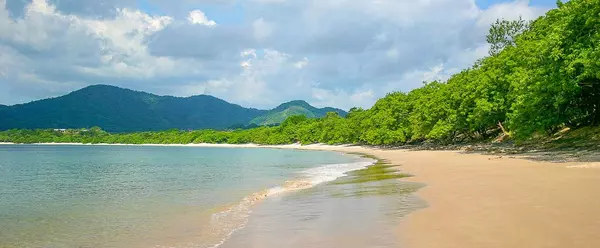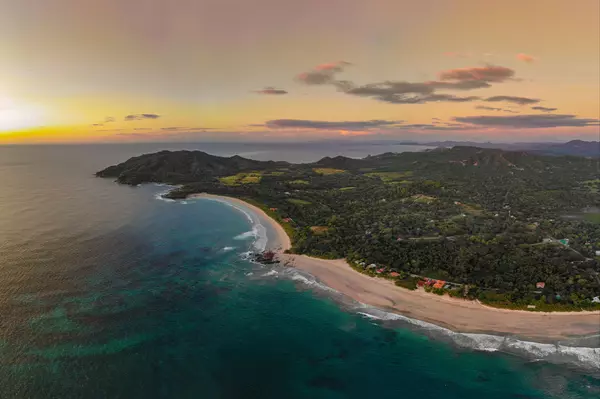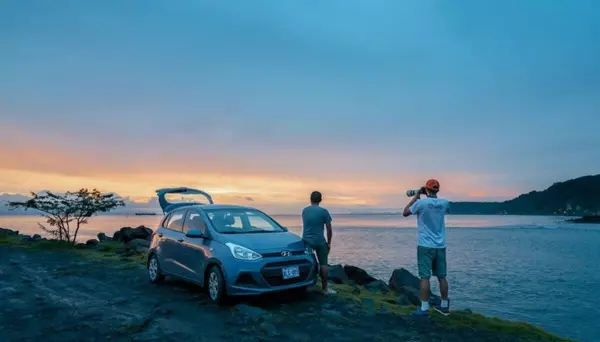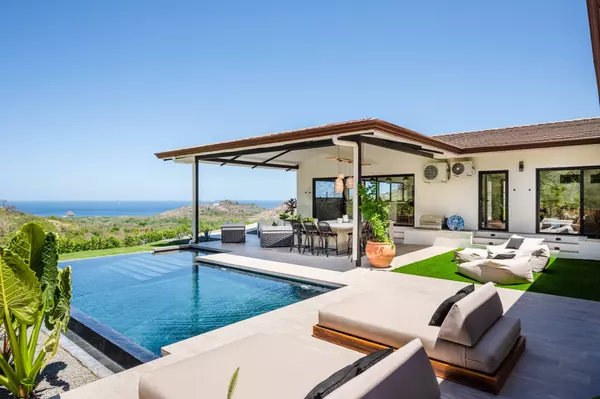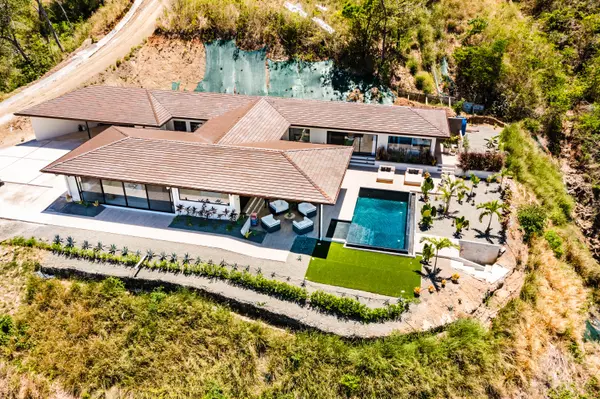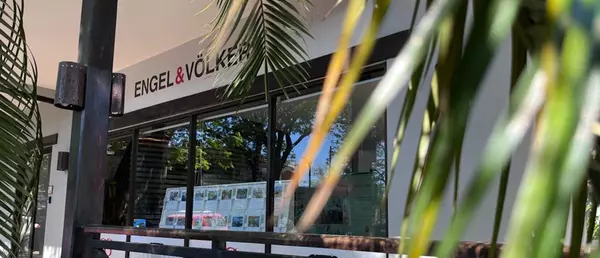SANARA at Reserva Conchal - The NEW sustainable community - Phase 1 now available
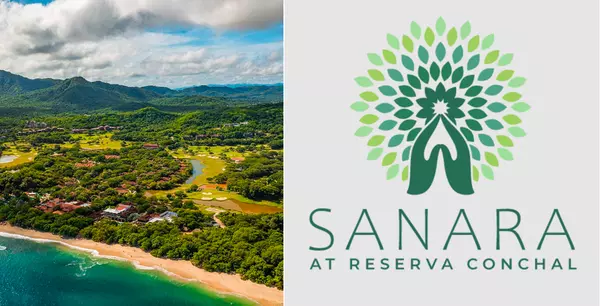
SANARA is a new sustainable community set within the existing development of Reserva Conchal in the Province of Guanacaste, Costa Rica. The master plan is comprised of three interconnected components: agriculture, conservation and residential zones. Large areas of forests have been set aside for con
Read MoreGUIDE - Certifications and permits for building a house in Costa Rica
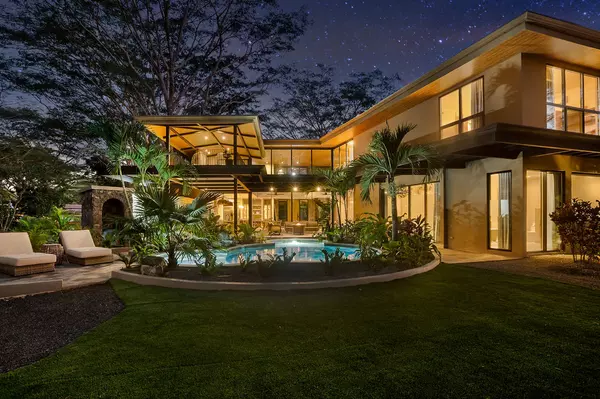
This Guide has be written and udated in parnership with Gonzalo Rojas B. from Quatro Legal our legal partner for all real estate transactions in Costa Rica. Costa Rica has become a sought after location, for people looking to create their home thanks to its breathtaking beauty and pleasant climate
Read MoreHow good is the Tamarindo real estate market ?

The Tamarindo real estate market has been performing well over the past decade, with steady growth and increasing demand from domestic and international buyers. In this article, we will explore the factors that have contributed to the success of the Tamarindo real estate market and analyze its curre
Read More
Categories
Recent Posts


